Japan’s urban and rural areas alike are dotted with temples and shrines, but there’s no practice of attending regular services at them. Instead, visitors primarily come to offer a few yen as a donation, say a quick prayer, and pick up one of the plethora of good luck charms and amulets sold there, many of which have specific purposes such as passing an important exam or finding a new love.
But every member of our team is already out of college, and so popular with the opposite sex that we’re starting to feel bad about not leaving any for the rest of the populace. Looking further down our to-do list, we noticed that “build mansion with supermodel grotto” was preceded by “achieve economic success,” so we decided to head to our local Shinto shrine for Tori no Ichi, Japan’s annual festival for buying good luck charms for success in business.
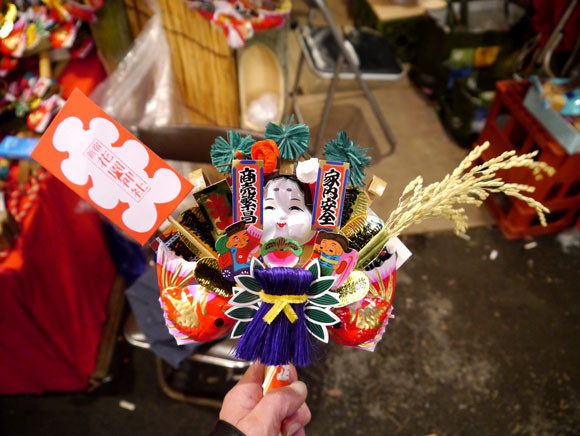

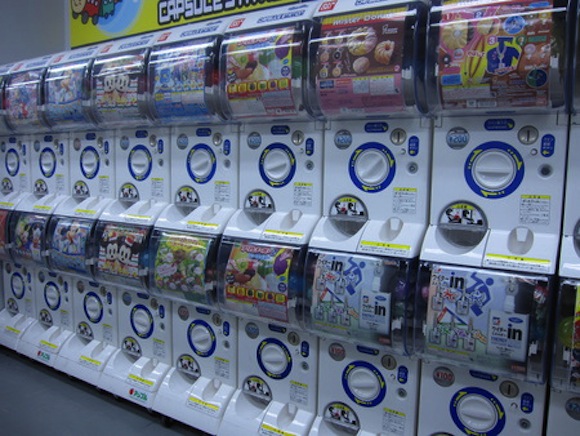
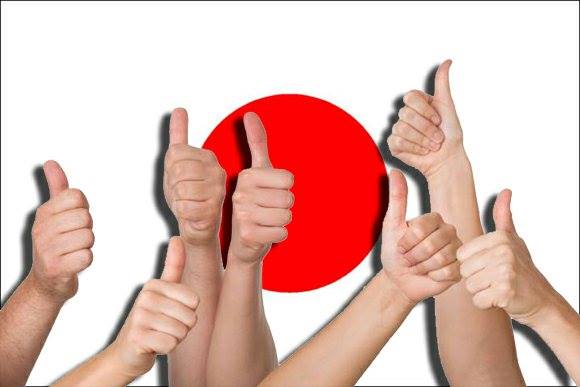


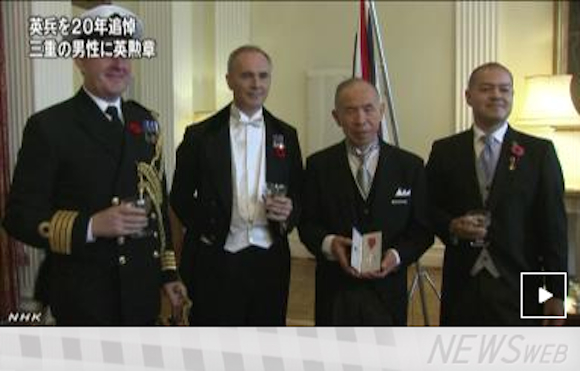
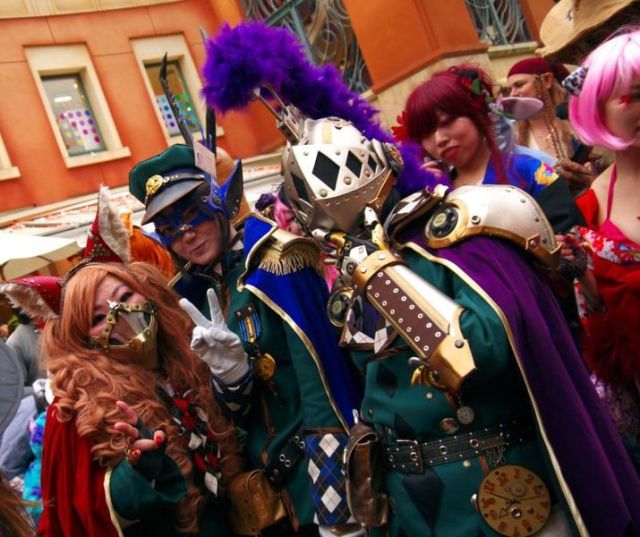
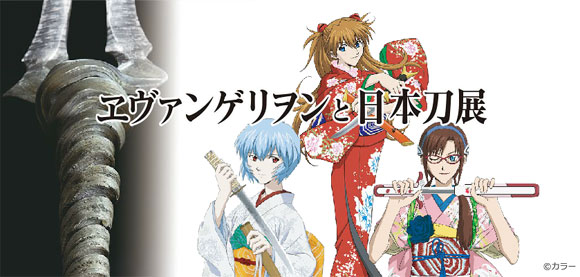
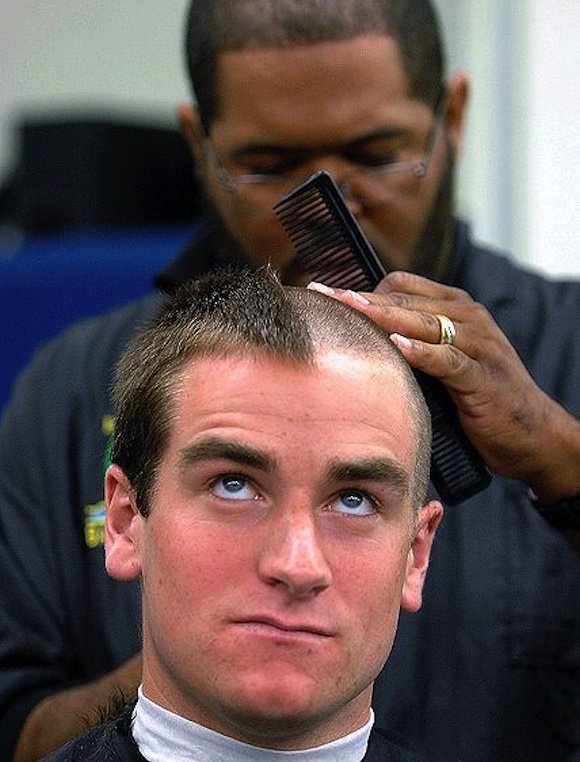
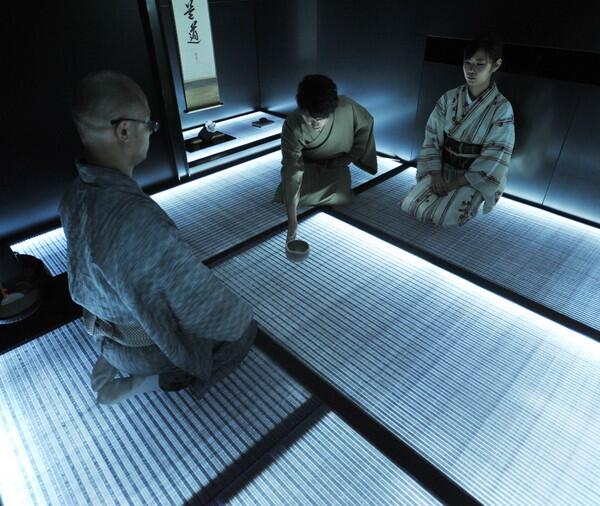
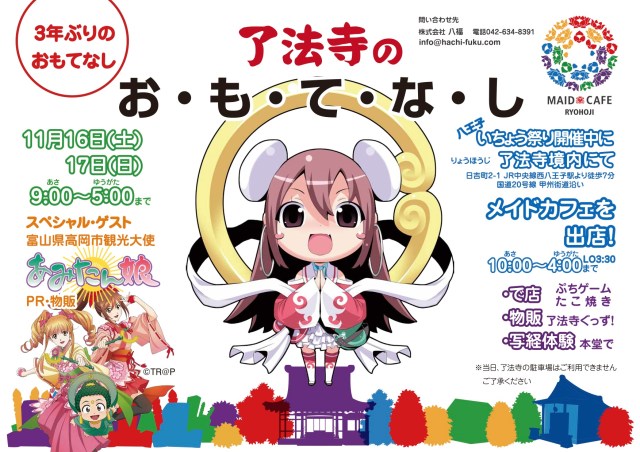


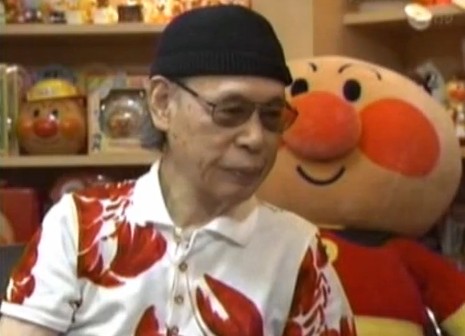

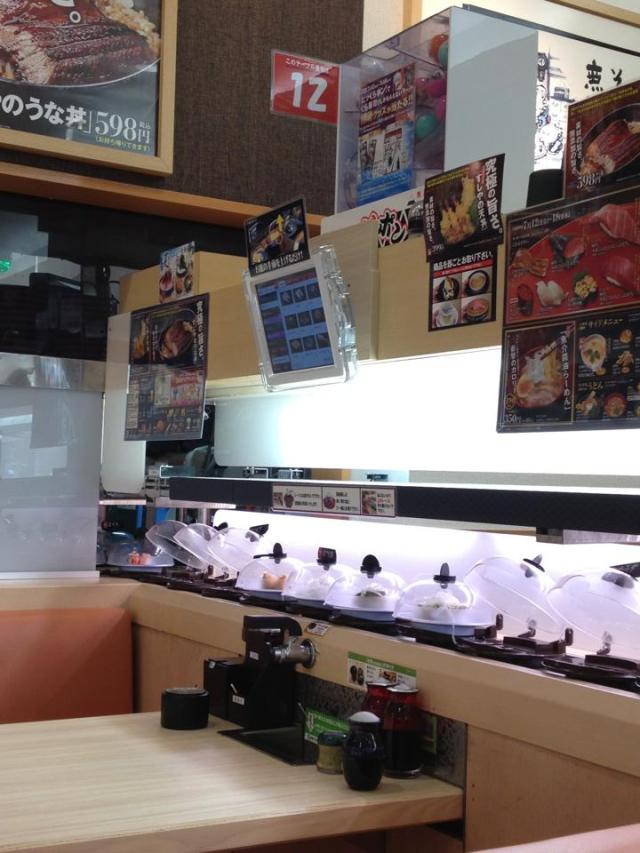

 Starbucks Japan unveils new sakura cherry blossom collection for hanami season 2026
Starbucks Japan unveils new sakura cherry blossom collection for hanami season 2026 One Piece creator has hidden secret of anime treasure’s identity in chest at bottom of real-world ocean
One Piece creator has hidden secret of anime treasure’s identity in chest at bottom of real-world ocean Live-action One Piece’s Luffy teaches Sesame Street’s Elmo a Japanese word for friendship[Video]
Live-action One Piece’s Luffy teaches Sesame Street’s Elmo a Japanese word for friendship[Video] Sakura Festival in Chiyoda mixes illuminations, boats, music, and Rilakkuma in the heart of Tokyo
Sakura Festival in Chiyoda mixes illuminations, boats, music, and Rilakkuma in the heart of Tokyo Is Tokyo Station’s startlingly expensive wagyu bento boxed lunch worth its high price?[Taste test]
Is Tokyo Station’s startlingly expensive wagyu bento boxed lunch worth its high price?[Taste test] Defying gravity and common sense with the lowest-rated tensegrity table on Amazon Japan
Defying gravity and common sense with the lowest-rated tensegrity table on Amazon Japan Japan’s top train station bento boxed lunches for 2016, as picked by travelers
Japan’s top train station bento boxed lunches for 2016, as picked by travelers Puppet Sunsun taking over Lawson convenience stores all over Japan
Puppet Sunsun taking over Lawson convenience stores all over Japan Umamusume anime cosplayers make news in U.S. for their pro football fandom【Video】
Umamusume anime cosplayers make news in U.S. for their pro football fandom【Video】 Chance to play Tetris on a massive staircase in Kyoto Station coming in March
Chance to play Tetris on a massive staircase in Kyoto Station coming in March Starbucks Japan releases first-ever Hinamatsuri Girls’ Day Frappuccino
Starbucks Japan releases first-ever Hinamatsuri Girls’ Day Frappuccino Japanese restaurant chain serves Dragon Ball donuts and Senzu Beans this spring
Japanese restaurant chain serves Dragon Ball donuts and Senzu Beans this spring Japan Extreme Budget Travel! A trip from Tokyo to Izumo for just 30,000 yen [Part 1]
Japan Extreme Budget Travel! A trip from Tokyo to Izumo for just 30,000 yen [Part 1] Japan’s craziest burger chain takes menchi katsu to new extreme levels
Japan’s craziest burger chain takes menchi katsu to new extreme levels Japan Extreme Budget Travel! A trip from Tokyo to Izumo for just 30,000 yen [Part 2]
Japan Extreme Budget Travel! A trip from Tokyo to Izumo for just 30,000 yen [Part 2] Japanese drugstore sells onigiri at pre-stupid era prices, but how do they compare to 7-Eleven?
Japanese drugstore sells onigiri at pre-stupid era prices, but how do they compare to 7-Eleven? Viral Japanese cheesecake from Osaka has a lesser known rival called Aunt Wanda
Viral Japanese cheesecake from Osaka has a lesser known rival called Aunt Wanda Lawson adds doughnuts to its convenience store sweets range, but are they good enough to go viral?
Lawson adds doughnuts to its convenience store sweets range, but are they good enough to go viral? Japan’s newest Shinkansen has no seats…or passengers [Video]
Japan’s newest Shinkansen has no seats…or passengers [Video] Starbucks Japan releases new sakura goods and drinkware for cherry blossom season 2026
Starbucks Japan releases new sakura goods and drinkware for cherry blossom season 2026 Foreigners accounting for over 80 percent of off-course skiers needing rescue in Japan’s Hokkaido
Foreigners accounting for over 80 percent of off-course skiers needing rescue in Japan’s Hokkaido Super-salty pizza sends six kids to the hospital in Japan, linguistics blamed
Super-salty pizza sends six kids to the hospital in Japan, linguistics blamed Starbucks Japan unveils new sakura Frappuccino for cherry blossom season 2026
Starbucks Japan unveils new sakura Frappuccino for cherry blossom season 2026 Foreign tourists in Japan will get free Shinkansen tickets to promote regional tourism
Foreign tourists in Japan will get free Shinkansen tickets to promote regional tourism The 10 most annoying things foreign tourists do on Japanese trains, according to locals
The 10 most annoying things foreign tourists do on Japanese trains, according to locals Take a trip to Japan’s Dododo Land, the most irritating place on Earth
Take a trip to Japan’s Dododo Land, the most irritating place on Earth Naruto and Converse team up for new line of shinobi sneakers[Photos]
Naruto and Converse team up for new line of shinobi sneakers[Photos] Survey asks foreign tourists what bothered them in Japan, more than half gave same answer
Survey asks foreign tourists what bothered them in Japan, more than half gave same answer Japan’s human washing machines will go on sale to general public, demos to be held in Tokyo
Japan’s human washing machines will go on sale to general public, demos to be held in Tokyo Starbucks Japan releases new drinkware and goods for Valentine’s Day
Starbucks Japan releases new drinkware and goods for Valentine’s Day We deeply regret going into this tunnel on our walk in the mountains of Japan
We deeply regret going into this tunnel on our walk in the mountains of Japan Studio Ghibli releases Kodama forest spirits from Princess Mononoke to light up your home
Studio Ghibli releases Kodama forest spirits from Princess Mononoke to light up your home Major Japanese hotel chain says reservations via overseas booking sites may not be valid
Major Japanese hotel chain says reservations via overseas booking sites may not be valid Put sesame oil in your coffee? Japanese maker says it’s the best way to start your day【Taste test】
Put sesame oil in your coffee? Japanese maker says it’s the best way to start your day【Taste test】 No more using real katana for tourism activities, Japan’s National Police Agency says
No more using real katana for tourism activities, Japan’s National Police Agency says Defying gravity and common sense with the lowest-rated tensegrity table on Amazon Japan
Defying gravity and common sense with the lowest-rated tensegrity table on Amazon Japan Japan’s top train station bento boxed lunches for 2016, as picked by travelers
Japan’s top train station bento boxed lunches for 2016, as picked by travelers Puppet Sunsun taking over Lawson convenience stores all over Japan
Puppet Sunsun taking over Lawson convenience stores all over Japan Umamusume anime cosplayers make news in U.S. for their pro football fandom【Video】
Umamusume anime cosplayers make news in U.S. for their pro football fandom【Video】 Chance to play Tetris on a massive staircase in Kyoto Station coming in March
Chance to play Tetris on a massive staircase in Kyoto Station coming in March Koka City’s municipal workers transform yet again into ninja for Ninja Day【Video】
Koka City’s municipal workers transform yet again into ninja for Ninja Day【Video】 A look back on 40 years of Japanese schools banning stuff
A look back on 40 years of Japanese schools banning stuff Pokémon’s Ash Ketchum is crazy strong, can easily carry creatures twice his body weight
Pokémon’s Ash Ketchum is crazy strong, can easily carry creatures twice his body weight Haku is…Chihiro’s dead brother? Studio Ghibli fans blown away by Spirited Away theory
Haku is…Chihiro’s dead brother? Studio Ghibli fans blown away by Spirited Away theory You can now visit a recreation of Evangelion’s Tokyo-3 and live there in miniature form in【Pics】
You can now visit a recreation of Evangelion’s Tokyo-3 and live there in miniature form in【Pics】 Last chance coming up for amazing east Japan for all-you-can-ride Shinkansen-inclusive train pass
Last chance coming up for amazing east Japan for all-you-can-ride Shinkansen-inclusive train pass Starbucks Japan releases new sakura goods and drinkware for cherry blossom season 2026
Starbucks Japan releases new sakura goods and drinkware for cherry blossom season 2026 Viral Japanese cheesecake from Osaka has a lesser known rival called Aunt Wanda
Viral Japanese cheesecake from Osaka has a lesser known rival called Aunt Wanda